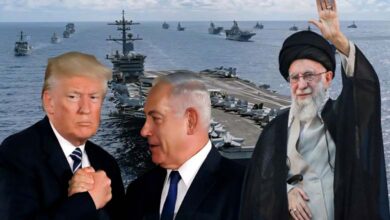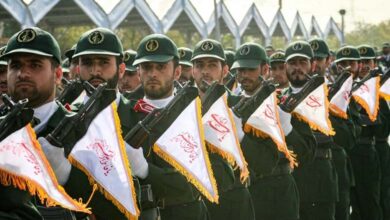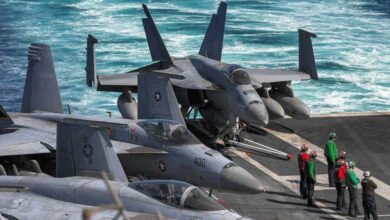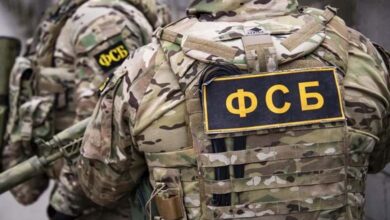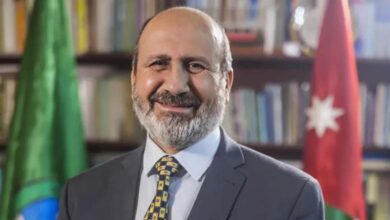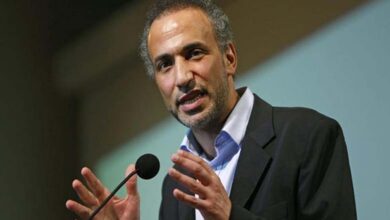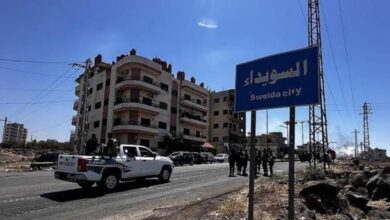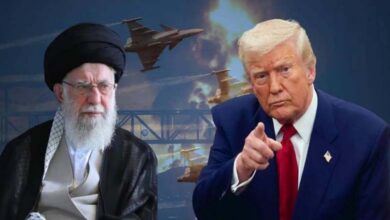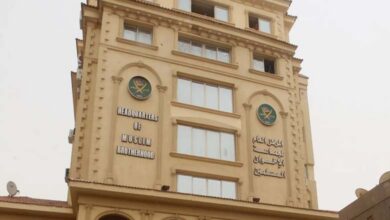Why Should the Muslim Brotherhood and the Islamic Movement Be Designated as Terrorist Organizations?
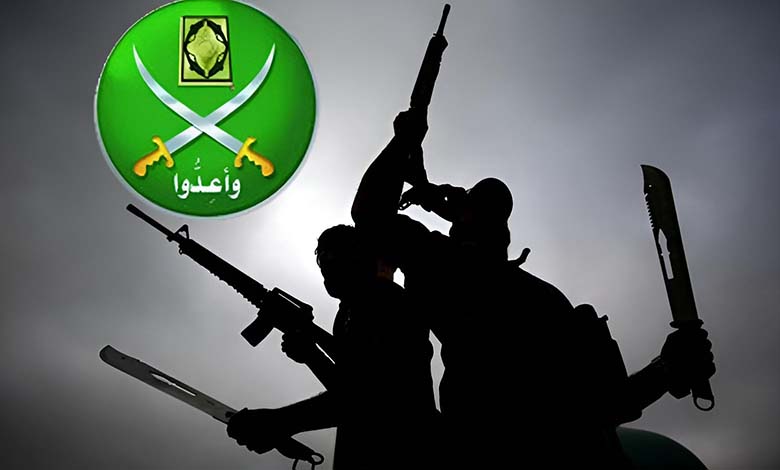
Sudanese writer Alaa Khairawi has called for the designation of the Muslim Brotherhood and the Islamic Movement in Sudan as “terrorist organizations,” arguing that such a step is not an “attack on religion,” but rather a “liberation of faith from the domination of the organization,” and a moral necessity for “the world’s right to justice” and for saving Sudan.
-
The Death of Islamist Leader Anas Faisal Karti: A New Blow to Sudan’s Islamic Movement
-
The death of Anas Faisal in Umm Sayala: a painful blow to the Islamic movement and a sign of fractures within Sudan’s war alliances
In an article published on Sudanile, Khairawi stated that since its founding by Hassan Al-Banna in 1928, the Muslim Brotherhood has represented “the latest manifestation of the illusion of the sacred state.” The group swiftly shifted from religious preaching to politics and established its armed “Special Apparatus,” which carried out political assassinations, most notably that of Prime Minister Mahmoud Fahmi Al-Nuqrashi.
Khairawi emphasized that the Brotherhood expanded globally by using charitable and educational associations as recruitment tools, promoting the ideology of a “believing vanguard” that views a “pagan” society as an adversary. He rejected claims of independence among the movement’s branches, asserting that “the apparent multiplicity of local divisions does not negate the unity of thought” rooted in the doctrines of Hassan Al-Banna and Sayyid Qutb. The movement’s decentralization, he added, was “designed as a protective shield enabling evasion of responsibility,” while its rhetoric of excommunication and domination “gave birth to the most extreme organizations.”
-
Muslim Brotherhood scandal in Taiz: prostitution network under commercial cover and abuse of security power
-
Calls to Designate the Islamic Movement Muslim Brotherhood in Sudan as a Terrorist Organization
The author cited Western analyses, including a 2023 report by the Hudson Institute, which described the Brotherhood’s “Special Apparatus” as “the first prototype of modern jihadist movements.” He also referenced admissions by former Brotherhood leaders acknowledging that violence had been “part of the organization’s toolkit since the 1940s.”
According to Khairawi, the 1989 coup in Sudan marked a “turning point” during which Islamists consolidated their grip on power under the banner of “empowerment,” prioritizing “loyalty to the organization over loyalty to the nation.” The “Salvation” regime subsequently raised the banner of “jihad” against its own southern citizens and created the “Popular Defense Forces” and the “Janjaweed” militias in Darfur, which committed “acts of genocide and ethnic cleansing.”
-
The Muslim Brotherhood in Ireland: multiple arms and ongoing pressure for regulation
-
Mysterious Airstrike in Port Sudan Reveals Involvement of Foreign Experts and Iranian Arms… Silence from al-Burhan and the Islamic Movement Raises Questions
Khairawi warned that the Islamic Movement in Sudan continues to represent a “structural threat” and forms a “deep state,” with its economic and security networks “still operating covertly” even after Omar al-Bashir’s ousting in 2019, and currently “funding chaos and weakening the state.”
He also pointed to renewed efforts in the U.S. Congress, such as the Muslim Brotherhood Terrorist Designation Act of 2025, which mandates the State Department to include the group on terrorist lists, supported by a growing belief that the Brotherhood’s ideology serves as “the largest ideological reservoir for modern extremism.”
-
The Muslim Brotherhood in Ireland: Warnings Over Suspicious Funding and Calls for a Comprehensive Investigation
-
Strategic Strike in Port Sudan Reveals Foreign Involvement, Iranian Arms, and Complicity of the Islamic Movement
Khairawi concluded that any political settlement in Sudan, including the “Quad Roadmap,” will remain “incomplete” unless these deep-rooted structures are dismantled. The real danger, he warned, “does not lie in the Islamists’ explicit return to power, but in their continued existence as a shadow class controlling key decision-making centers.”
He ended his article by asserting that the Brotherhood’s approach is “the very antithesis of Islam itself,” as they have placed “loyalty to the organization above loyalty to God.” Their designation as a terrorist group, he argued, is “a national necessity to protect the very concept of the state from collapse” and a vital step toward “healing the nation from the cancer of ideology.”


